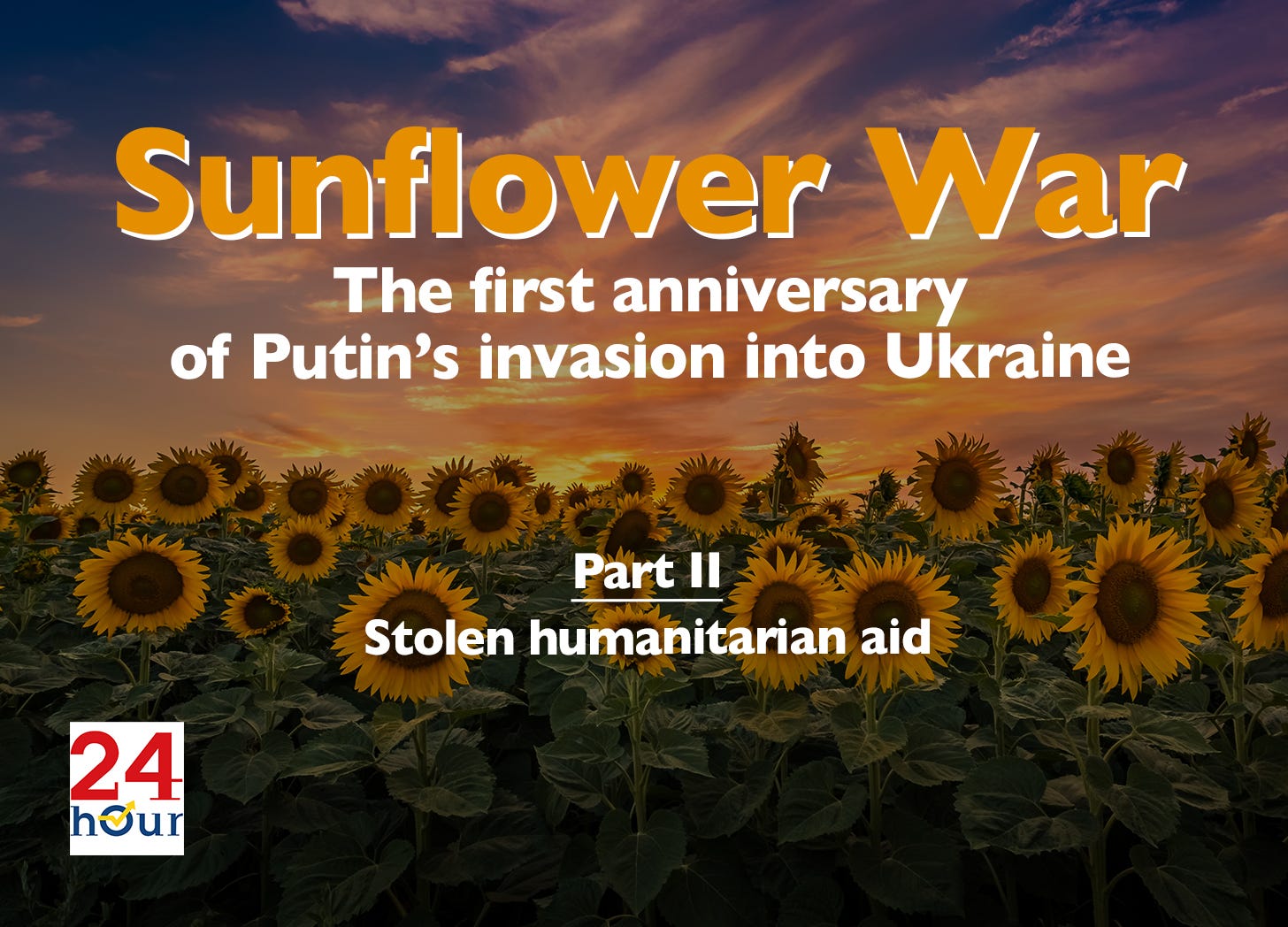Sunflower War 🌻 Part 2
After a year of the war, stealing humanitarian aid with the help of federal and local officials is not surprising to most Ukrainians anymore.
Today we continue to struggle: struggle with Russians, struggle with mental problems, with the fall of the economy, and with the absence of finance. But all this fighting makes us stronger and more innovative as a nation. We learn, develop and build a new future for our country.
Phenomenon of fundraising
At the beginning of the full-scale offensive, ever…
Keep reading with a 7-day free trial
Subscribe to 24Hour Journal to keep reading this post and get 7 days of free access to the full post archives.


